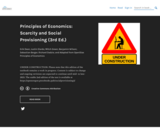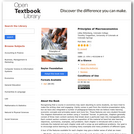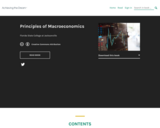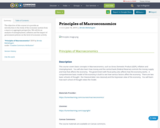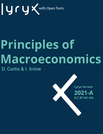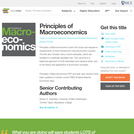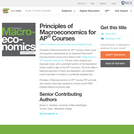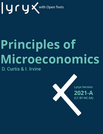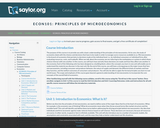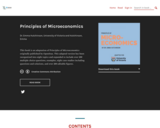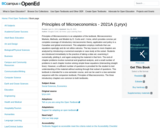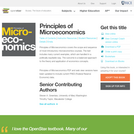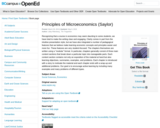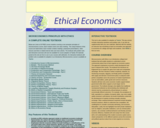Short Description:
Public Policy Responses to the Pandemic, and Building Back Better is an interdisciplinary virtual learning experience about the Canadian policy responses to the COVID-19 pandemic, and the debate around whether, and how, to “build back better” — to use the occasion of the pandemic to bring in other fundamental policy reforms.
Long Description:
What are the health, economic, and social policy responses to the COVID-19 pandemic?
How did these choices arise?
What comes next?
COVID-19 has sparked rapid policy responses to gaps in our social, economic and political foundations. The learnings from this crisis, and the solutions to help Canada rebuild, need to be captured as it plays out in real time.
Public Policy Responses to the Pandemic, and Building Back Better is an interdisciplinary virtual learning experience about the Canadian policy responses to the COVID-19 pandemic, and the debate around whether, and how, to “build back better” — to use the occasion of the pandemic to bring in other fundamental policy reforms.
You will learn the economic and social impacts of, and responses to, COVID-19 in Ontario and across Canada — as well as the ideas, tools, and skills available for each of us to shape the recovery.
Together we will explore a variety of topics: how long-term and temporary income support programs provided assistance for basic living expenses and helped prepare individuals for finding work; what gaps and perspectives are missing in the health and healthcare system to help us understand the transmission and spread of infectious diseases such as COVID-19 and SARS; what we need to do to help people inform themselves and not be misled; and whether Canada should, or even can, radically rethink some of its policies coming out of the pandemic.
Word Count: 43098
(Note: This resource's metadata has been created automatically by reformatting and/or combining the information that the author initially provided as part of a bulk import process.)
